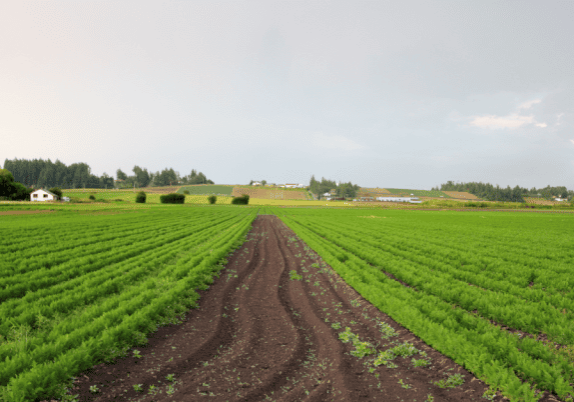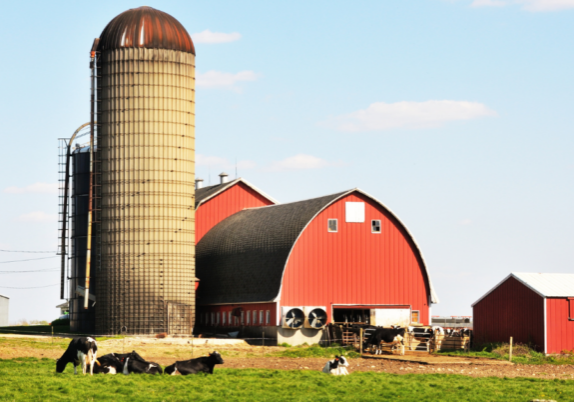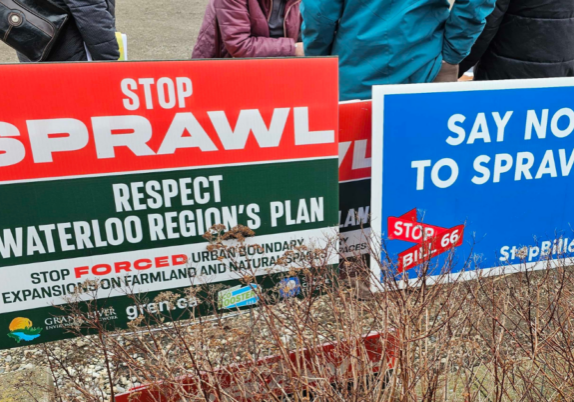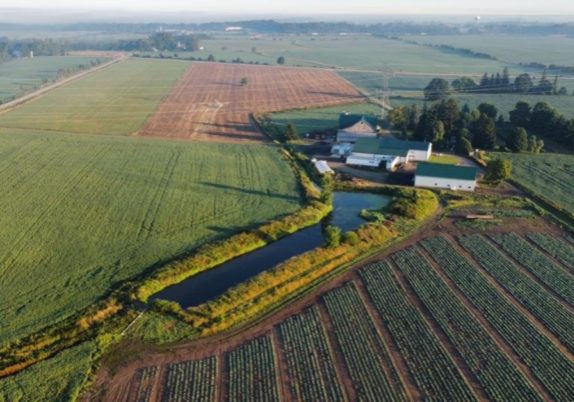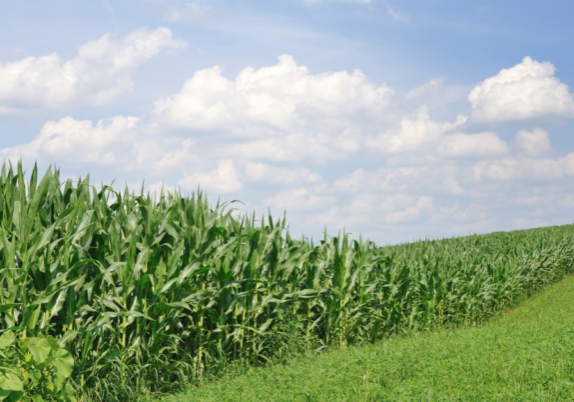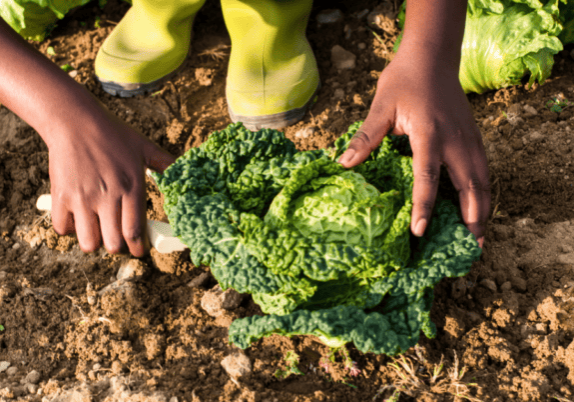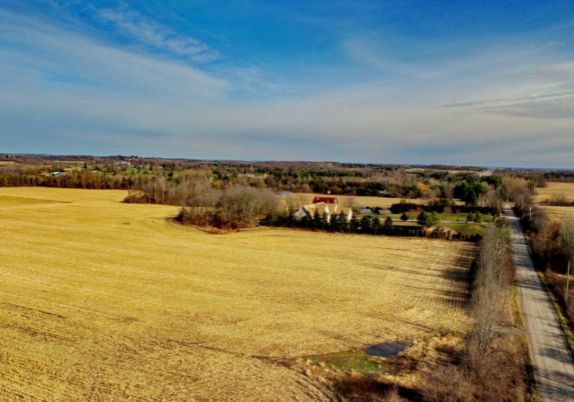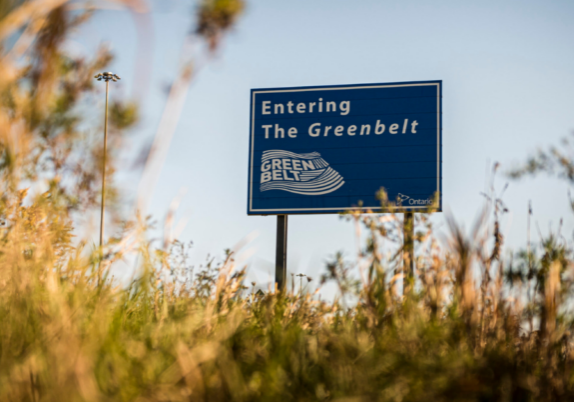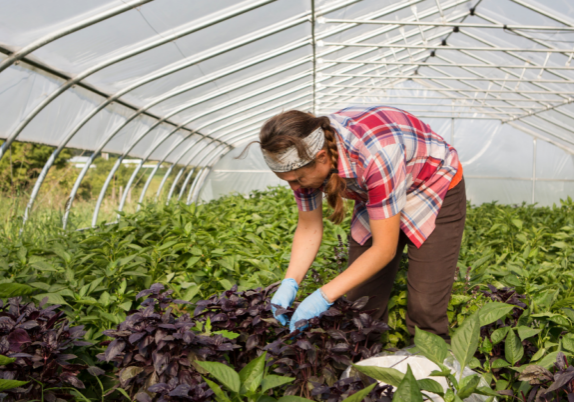Letter to Durham Regional Leadership and Envision Durham Regarding Proposed Growth Plan
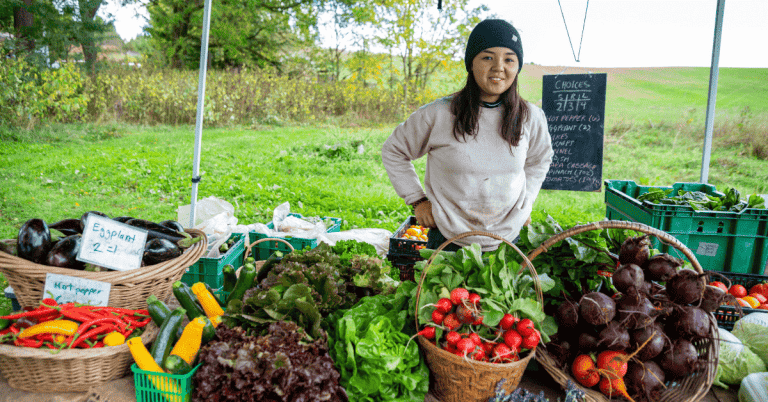
Dear Durham Regional Leadership and Envision Durham,
We are sending this letter on behalf of the National Farmers Union-Ontario (NFU-O) and NFU-O Local 345 (Durham, Peterborough, Victoria) to urge Regional Leadership and Envision Durham to vote for a Community Area Land Need and Employment Land Need scenario that accommodates the next 30 years of Durham Region’s new homes and workplaces within the existing Settlement Area Boundary by supporting a modified Community Land Area Scenario 5 described below.
The NFU-O is an accredited farm organization representing thousands of sustainable family farmers in Ontario and has advocated for farm families across Ontario and Canada since 1969. The NFU-O believes that the family farm should be the primary unit of food production in Ontario. Members work together to achieve agricultural policies that ensure dignity and income security for farm families, while protecting and enhancing rural environments for current and future generations. The NFU-O collaborates locally, nationally and internationally to research, educate, and share effective solutions that lead to a better world for farm families and their communities.
The NFU-O believes strongly in the importance of responsible development, smart densification and realization of complete communities in existing built-up areas, and the preservation of all prime farmland, and lands zoned rural and agricultural that are in agricultural use. A complete community is one that aims to meet the needs of all residents (regardless of socio-economic status) through integrated land use planning, transit planning and community design.
The March 2022 Alternative Land Needs Scenarios Assessment Summary Report outlined five Community Land Area Scenarios options. The NFU-O does not view any of these proposed scenarios as adequate in supporting the growth of responsible density and complete communities. However, we find most merit in Scenario 5, which supports a model in which no urban boundary expansion is needed for future housing growth. As written, Scenario 5 stops short of creating provisions for proper density in new and existing neighborhoods to create complete communities.
As such, the NFU-O urges leadership to push forward a modified Scenario 5 in which the minimum permitted density of development for all existing Designated Greenfield Areas (DGAs) is increased to 90 people and jobs per hectare; the number of townhomes, semi-detached homes and detached secondary units (such as garden suites and laneway homes) is substantially increased in existing built-up areas; and excess DGA is reallocated as Employment Area Land and significantly increases job density of Employment Area Land by supporting multi-story warehouse and distribution facilities and planning for job-dense types of employment.
This modified Scenario 5 will support a growth that creates the density for transit friendly complete communities in built up areas while preserving irreplaceable Class 1 farmland in Durham Region. Developing on prime farmland will have long-term effects on the local and provincial economy. The Greater Golden Horseshoe is home to one of North America’s largest agricultural and agri-food industry clusters, with a unique diversity of primary farm production, food processing, food service, food distribution and retail that represents the fastest growing employment sector in Ontario.
Furthermore, the lack of firm urban boundaries and the loss of farmland to development leads to land speculation by developers on farmland. This has the effect of driving the prices of farmland up and barring new and young farmers from entering into farming as a career. There is a demographic crisis in agriculture and in farming communities. According to Statistics Canada, there are more farmers over the age of 70 than under the age of 35. The number of young farmers (under 35) has fallen by 70% over 25 years. Firm urban boundaries will help to ensure farmland remains in agriculture for current and future generations.
Greenbelt farmland is a crucial resource at the centre of this massive economic sector, and once paved this farmland will be lost forever. In 2018, 15 organizations in the agricultural sector called on the province to freeze all urban expansion and introduce firm, permanent municipal growth boundaries in the Greater Golden Horseshoe to prevent the region’s remaining farmland from being paved over and additional farming communities from being displaced. Contributing to the loss of Ontario’s farmland undermines farmers’ ability to grow food thereby threatening the economy and food security of the province.
Additionally, the NFU-O urges Durham Regional Leadership to extend Greenbelt protection to the Carruthers Headwaters in its entirety and to remove policy directions in the Envision Durham project that supports development of an airport or aerospace project in North Pickering. Pickering Council’s endorsement of a request to initiate a Ministerial Zoning Order for a 4,000 acre development at the headwaters of the Carruthers Creek endangers residents and ecosystems downstream from the proposed development.
These two projects together coupled with the land use proposals outlined in scenario 1-4 represent a substantial threat to Class 1 agricultural land, a crucial non-renewable resource in Canada. To put the importance and scarcity of class 1 farmland in perspective, only 5% of Canada’s agricultural soil is classified as Class 1, and about half of the entire country’s Class 1 soil is found in Ontario.
It is imperative to the continued food security of Durham Region that Durham Regional Leadership vote against land use proposals that would see more farmland developed and lost to agriculture, and put forth the modified version of Scenario 5 described above. By doing so Durham Regional Leadership and Envision Durham will truly promote the greater good of the region by supporting the growth of complete communities in built areas while preserving prime farmland for agricultural activity.
Sincerely,
Elizabeth Stocking
President, NFU-O Local 345 (Durham, Peterborough, Victoria)
Max Hansgen
President, National Farmers Union – Ontario
